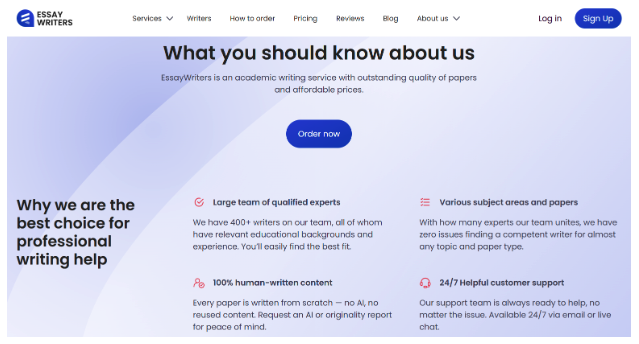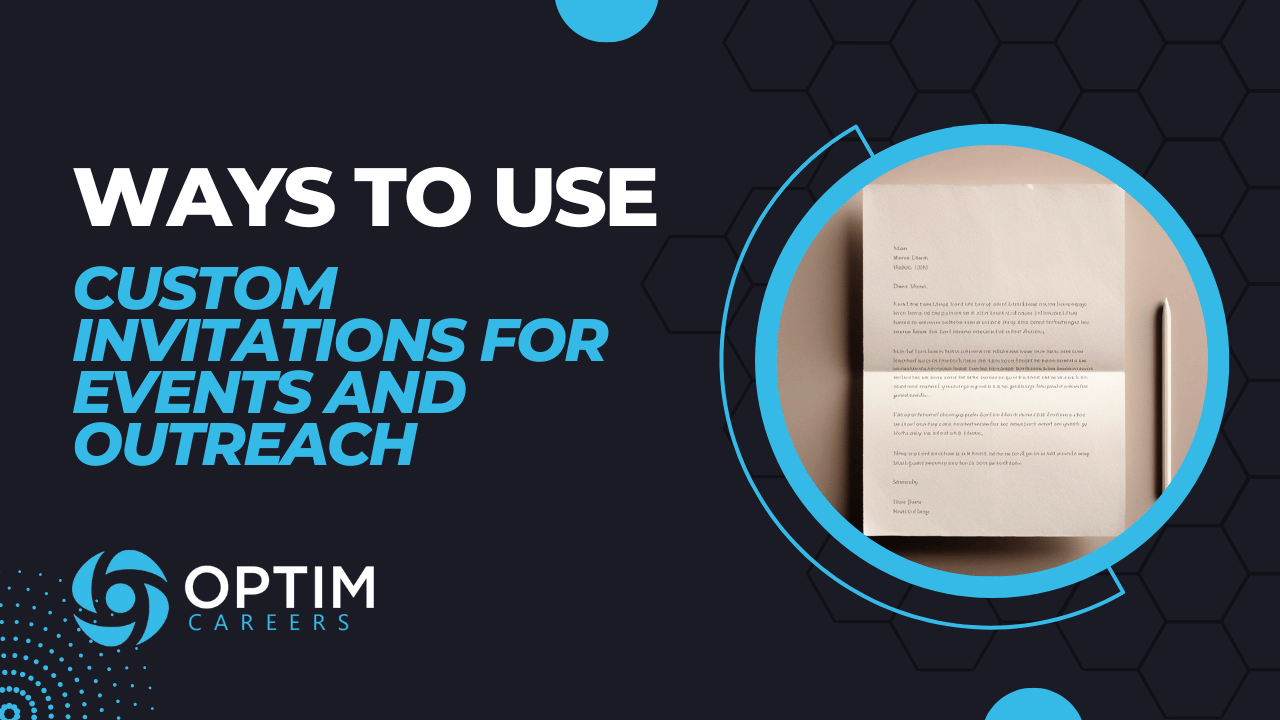Skills vs Experience in a Resume
When it comes to creating a resume, many people wonder whether they should focus on their skills or experience. The truth is, both are important and can help you stand out from other candidates in different ways. In this article, we’ll explore the differences between skills and experience and how to effectively showcase both on your resume.
What are Skills
Skills refer to the abilities and competencies that you possess. These can be hard or technical skills, such as proficiency in a specific programming language or experience with a certain tool or software. They can also be transferable skills, such as communication, problem-solving, or leading a team.
One of the benefits of highlighting your skills on your resume is that it allows you to demonstrate your potential for the job, even if you don’t have much experience. For example, if you’re applying for an entry-level position in a field you’re passionate about, you might not have the years of experience that other candidates have, but you can still showcase your skills that are relevant to the job.
When listing your skills on your resume, it’s important to be specific and provide evidence to back them up. For example, instead of simply stating that you have excellent communication skills, you can provide examples of how you’ve used your communication skills in previous roles, such as managing a team or presenting to clients.
Types of Skills
Software skills - your knowledge of a particular software and ability to use it
Transferable skills - skills that transcend any industry or job function
Knowledge skills - areas of technical information or know-how
What is Experience
Whereas skills refer to your ability to do something, experience is the application of that skill to a specific situation with context. For example, studying resumes for 2,000 hours would give someone the skill of resume writing. That individual would know a lot about resume theory. They could take a certification course and even practice writing a few resumes. All of this would develop their skill in resume writing. Even if they wrote 100 resumes, applying all their knowledge, they still haven’t written a single resume for a job search with a specific context and so they don’t have any experience.
Experience refers to the actual work history and accomplishments that you’ve had in previous jobs or projects. This can include internships, volunteer work, freelance work, and any other relevant experience.
One of the advantages of highlighting your experience on your resume is that it demonstrates your ability to succeed in a similar role. Employers often look for candidates who have a proven track record of success and can provide examples of how they’ve contributed to previous companies or projects.
When listing your experience on your resume, it’s important to tailor it to the specific job you’re applying for. This means highlighting the experiences that are most relevant to the job and providing specific examples of how you’ve excelled in similar roles.
Types of Experiences
Work experiences - relevant responsibilities and contributions made to former employers
Internships - relevant duties and contributions made as an intern
Volunteer work - relevant experiences from volunteer efforts
Personal projects - this could be your Web 3.0 or graphic design project you work on in your free time
Freelance work - work you have done as a freelancer that is relevant to your next position
Skills vs. Experience
Skills refer to the ability and knowledge you’ve obtained, but they are not related to specific experiences. Skills demonstrate potential.
Experience is the practice of that skill in a specific context and is almost always valued more than skills. Because of this, for many professionals, our trained resume writers eliminate the traditional skills section so hiring managers read their experiences first in a resume.
When it comes to choosing between skills and experience on your resume, it’s important to remember that both are important and can help you stand out to potential employers in different ways.
If you’re applying for an entry-level position or a job in a new field, focusing on your skills can be a great way to demonstrate your potential for the job. This is especially true if you don’t have much experience in the field.
On the other hand, if you’re applying for a more senior position, focusing on your experience can be a great way to demonstrate your ability to succeed in the role.
Ideally, you should aim to showcase both your skills and experience on your resume in a way that is tailored to the specific job you’re applying for. This means highlighting the skills and experiences that are most relevant to the job and demonstrating how you’ve used them to succeed in previous roles.
How to write skills in a resume
Writing skills in a resume is so much more than including a skills section toward the top of your resume. If you do write a traditional skills section, like the example of a poor resume shown here, ensure you include context with your skills.
The problem with the skill section in this resume is it tells the recruiter and hiring manager nothing. By reading this resume, we do not know how much this marketing specialist knows about email marketing. We don’t know if they’re good at email marketing. Skill words on their own without context carry very little meaning.
Instead, this resume would perform better if it said things like:
Spearheaded a weekly email marketing campaign with a 60% open rate
Project managed 8 concurrent marketing projects, delivering all on time and under budget
Statements like these include context and make a world of difference. These statements are also not pure skill statements, but blend skills with experience.
Where to place skills in a resume
The best place to list skills in a resume is to embed them in each of your job experiences with context. This gives the hiring manager a clear picture of what skills you used, when you used them, what you did with them, and how good you were at applying them in context.
Software skills are an exception to this rule. It’s often better to list software skills toward the end of a resume under a technology or software section. In this section, you could put things like Jira, Salesforce, QuickBooks, SAP, and other software programs that you are familiar with.
Example of how to write skills in a resume
If you wanted to show skills such as communication, organization, and work ethic, you could write a statement like this:
Make 100 outbound calls daily to prospects regarding 10 technical products, resulting in 60% making a purchase same day.
Writing statements like this will ensure you differentiate yourself and you create belief in your skills rather than make empty statements. Show, don’t tell.
How to write experience in a resume
Rather than write an outdated experience section that utilizes a job title followed by five to ten bullet points, it’s best to write a story-based resume. If you apply the formula from the Weekend Resume Makeover, you would list your employer, job title, and dates of employment followed by a job summary that tells the hiring manager:
How you obtained the job (were you promoted, recruited, hired, or referred)
Your mandate (why you were hired or promoted)
Your responsibilities (this is where you can put some of your skills)
After your job summary, include three to five bullet points filled with evidence that you are highly skilled at what you mentioned in your summary. These bullet points are your contributions and relevant achievements illustrating you can achieve results and fulfilled your mandate.
Where to place experience in a resume
Because employers will always value experience more than skills, you want hiring managers to read your experience section in your resume as soon as possible. Optim Resume Writers typically write an opening trailer and then jump straight to a work experience section for this reason.
The reason hiring managers value experience over skills has to do with risk. Skills are potential. Experience is proven. Sticking with our resume writer example, a resume writer who has written 2,000 resumes is probably more experienced than one that has written 20 resumes. You would feel safer working with a more experienced resume writer. Employers view candidates the same way.
Example of how to write experience in a resume
Following the formula above, you may write a job experience like this:
Optim | Supply Chain Analyst | 2022 - present
Recruited to improve the accuracy of data and build new reporting to enable actionable improvements in international logistic cost-savings for a global manufacturer with heavy exports to Asia and Europe. Responsible for creating processes to gather supply chain data, analyzing data for problem areas, planning supply chain optimization projects, and reporting on weekly KPIs.
Key Contributions:
Brought 4 cross-functional teams together through a weekly supply chain huddle, enabling smoother handoffs between departments which increased product flow by 12%
Conducted safety stock forecasting and made recommendations resulting in an 11% reduction in raw materials and a 3% improved margin
Improved DPPM accuracy by 700 through a quality assurance recommendation stemming from an annual quality audit
Tips for Showcasing Skills and Experience on Your Resume
Here are some tips for effectively showcasing your skills and experience on your resume:
Tailor your resume to the job: Make sure that your resume is tailored to the specific job category you’re applying for. This means highlighting the skills and experiences that are most relevant to the job and demonstrating how you’ve used them to succeed in previous roles.
Be specific: When listing your skills and experiences, be specific and provide evidence to back them up. Instead of simply stating that you have excellent communication skills, provide examples of how you’ve used your communication skills in previous roles.
Quantify your achievements: Whenever possible, quantify your contributions to show the impact that you’ve had in previous roles. For example, if you were able to increase sales by 20% in your previous role, make sure to include this information on your resume.
Tell a story with your skills and experiences. Listing skills and experience in bullet points similar to a grocery list will not show that you are organized, logical, and can communicate well. Write a story-based resume using the formula you read earlier in the “how to write experience in a resume” section.
Prioritize relevance: Prioritize the skills and experiences that are most relevant to the job you’re applying for. This means that if you have a lot of experience in a certain area but it’s not relevant to the job, you might want to focus on other experiences that are more relevant.
Be honest: Finally, it’s important to be honest on your resume. Don’t exaggerate your skills or experiences, as this can come back to bite you later on. Instead, focus on highlighting your genuine strengths and experiences in a way that is tailored to the job you’re applying for.
In Summary:
Both skills and experience are important to create a strong resume, but experience typically is valued more by hiring managers and recruiters
By drafting a master resume tailored for a specific category of jobs and highlighting the relevant skills and experiences, you can showcase your potential and demonstrate your ability to succeed
Writing a story-based resume that utilizes skills and experiences ensures you create a narrative that hooks and engages employers when they read your resume











